Tina asked for bloggers to participate as guest bloggers for October, on the theme of Breast Cancer Awareness, in honor of her Mother, a breast cancer survivor. Here is my cross-listed post.
October is Breast Cancer Awareness Month. It is also Hispanic Heritage Month.
And breast cancer is the leading cause of cancer death among Hispanic women.
The Hispanic population is the largest minority group in the United States. Hispanic Americans make up roughly 14 percent of the U.S. population, but they are the fastest growing segment, estimated to reach 20 percent or more by 2050.
Even when access to health care is adequate, for Hispanic women in the United States, breast cancer is more often diagnosed at a later stage, when the disease is more advanced.  Further, approximately two-thirds of breast cancer found in Hispanic women is discovered by accident – not by screening or mammogram.
Actually, according to a Kaiser Permanente study, the news gets worse. When compared to non-Hispanic white women, Hispanic women are more likely to be diagnosed at a younger age, have cancer that has already spread beyond the breast, have tumors with cell type that have a poorer prognosis, have larger tumors, and have tumors that cannot be treated with some of the most effective medicines.
What’s the public health response? Interventions aimed at increased screening, access, and education. But is it enough?
If early detection and survival is the goal of Breast Cancer Awareness Month – then there has to be a conversation about an individual’s ability to access health care information and services. Central to that conversation is the reality that those very life-saving information and services are unjustly linked to one’s racial, ethnic, socio-economic, and immigration status.
How do these dynamics play out? Here is a local example. If a woman cannot demonstrate access to or eligibility for some type of insurance (or have the ability to pay) – programs can deny her a screening for breast cancer. Why? The argument is that it is unethical to provide a screening for a disease when the patient will not be able to access treatment for it. In the past year, one of the screening programs in New Orleans was shut down for this reason.
What is more unethical? Denying screening? Denying treatment? Or needing any of coverage or eligibilities in the first place?
The bottom line is that women in our largest ethnic minority group do not have a good outlook when it comes to breast cancer.  And improving the outlook is about more than screening programs and access to medicines. Striking at the heart of a serious disease means a serious look at our entire system of care and asking where treatment for breast cancer and survival of women lie within our values.
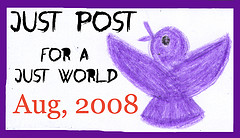
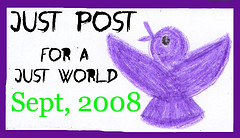
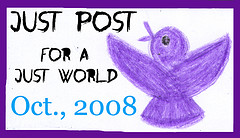


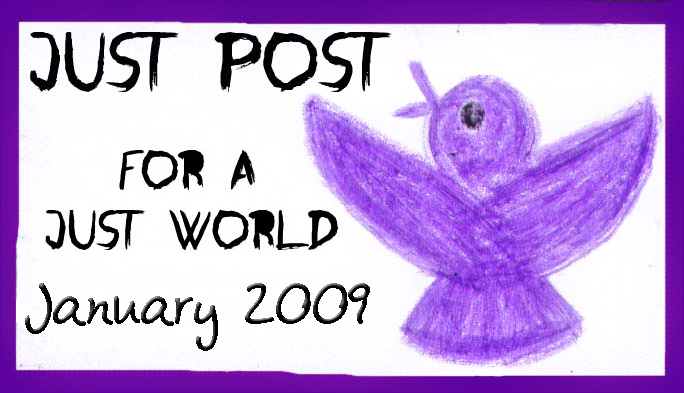
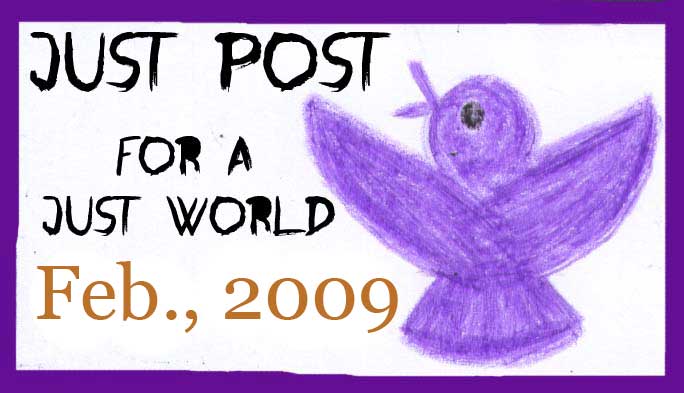








Post a Comment